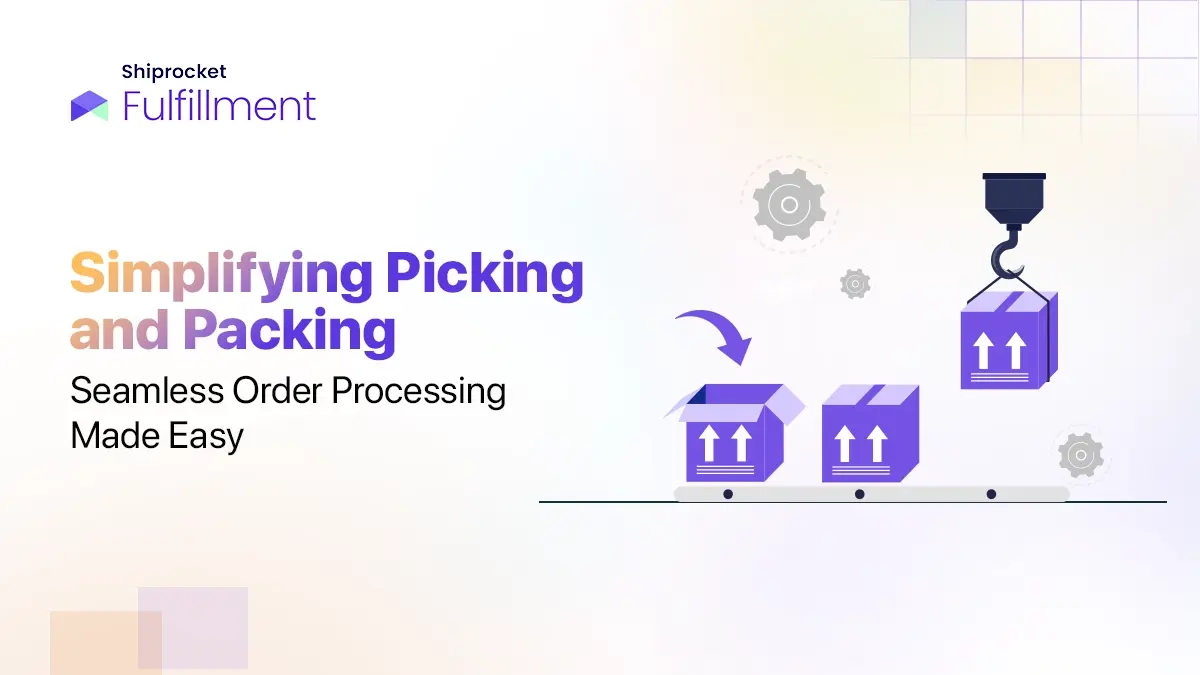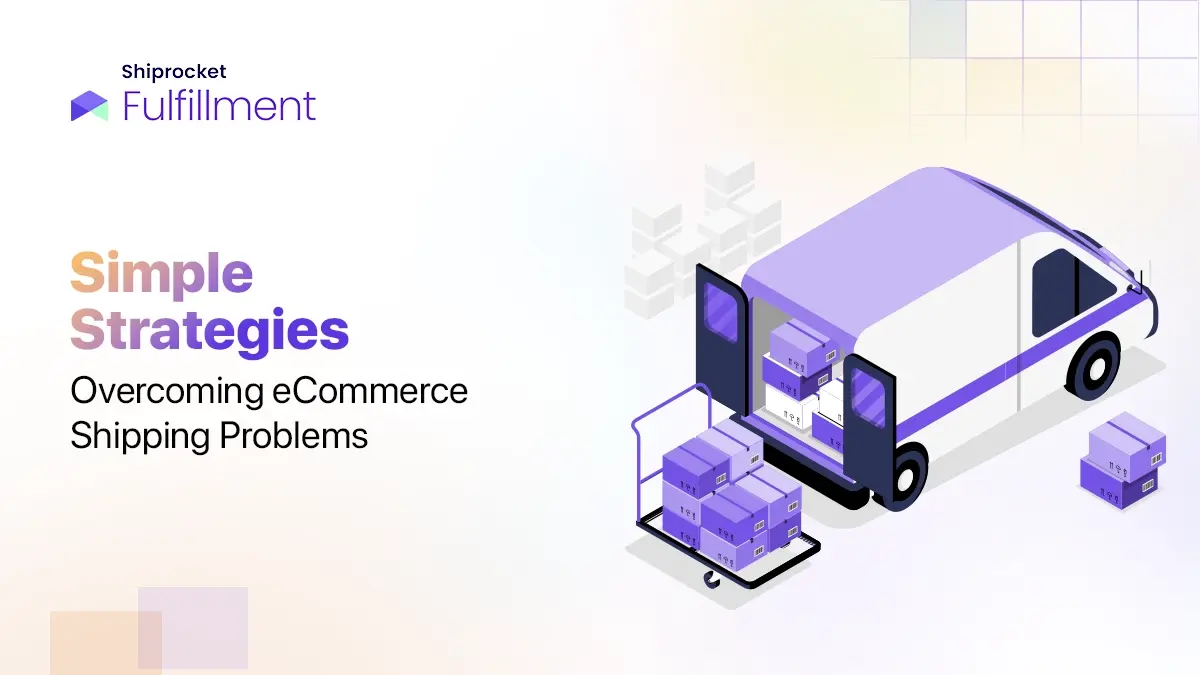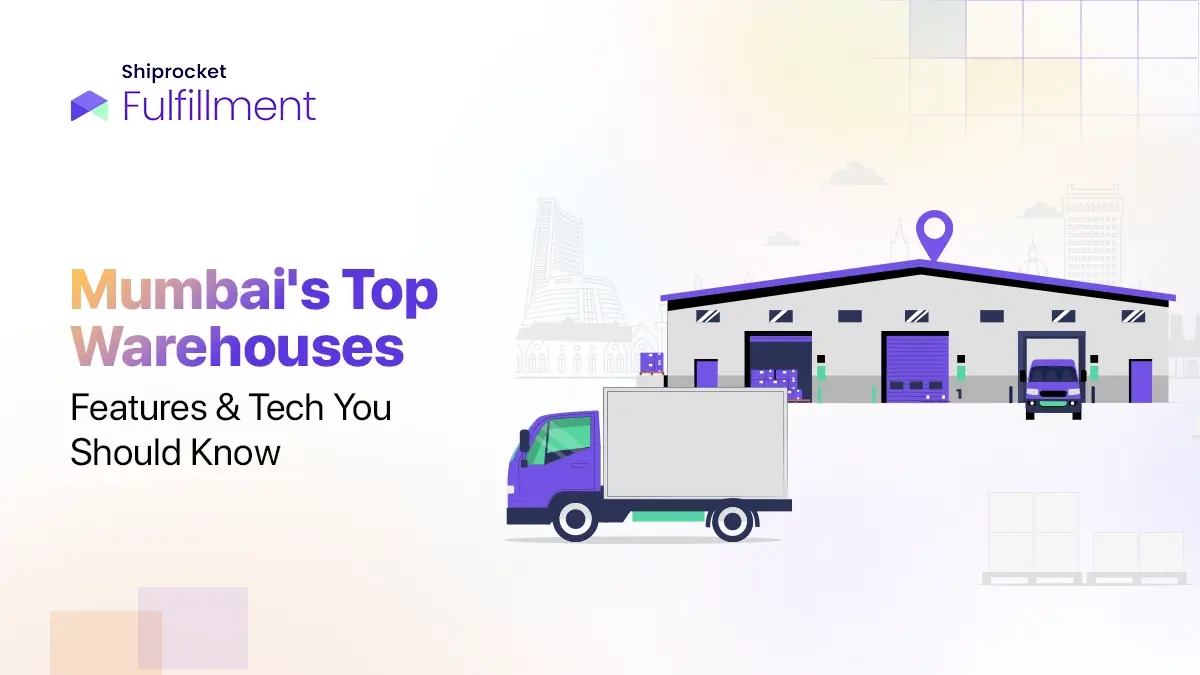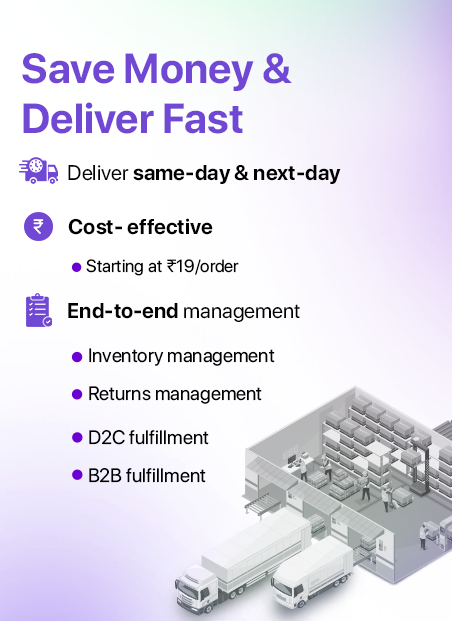Understanding the Difference between Periodic and Perpetual Inventory
When we talk about eCommerce, your inventory is your biggest asset. It defines your business, and how well you can deliver to your customers. And inventory is one of the most critical aspects of any fulfillment supply chain. If not tackled properly, it can soon turn into a liability that can be very difficult to get rid of. Therefore, you need to have systems in place to keep check of your inventory and track its purchase and sale. The key to having a successful inventory management system is balance. But the question is how can you attain it?
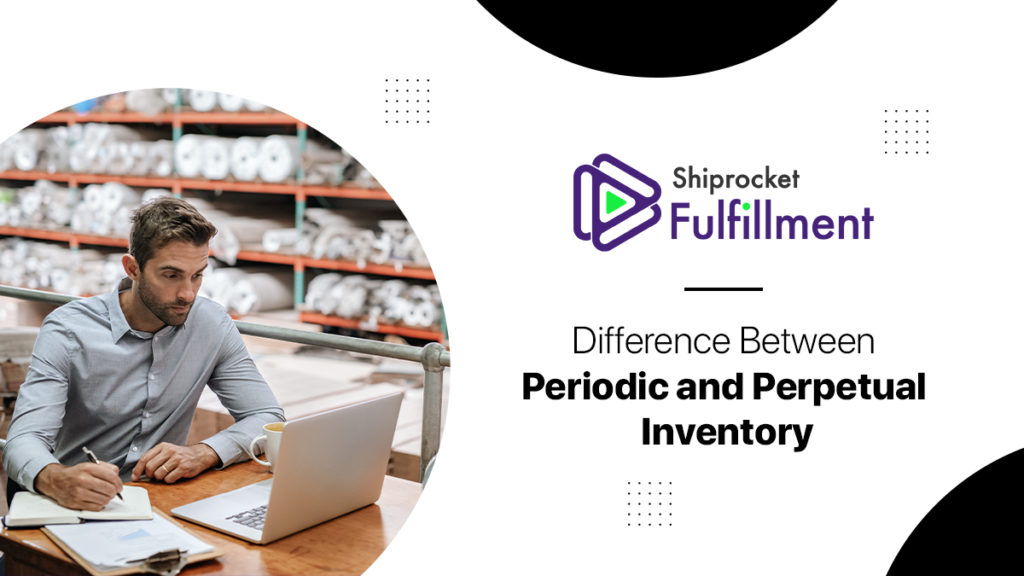
Most eCommerce sellers do not track their inventory regularly. This often leads to the accumulation of more than the required inventory or the unfortunate cases of stockouts. Either of these situations can be harmful to your eCommerce business.
Here are two forms of inventory systems – periodic and perpetual inventory, that can prove to be successful in tracking your eCommerce inventory. Let’s have a look at what they are, the differences between them, and how they can be useful for your business.
What is the Periodic Inventory System?
When you count, track, record, and value inventory at specific time intervals, it is known as a periodic inventory system. The inventory valuation process helps determine the cost of goods sold or COGS.
It is generally used to maintain a separate account for delivery costs and inventory account. So basically it is the valuation of inventory at specific time intervals which are known as accounting periods.
Here, the cost of goods sold refers to the direct costs that a company incurs while selling goods. This could include raw materials or manufacturing costs.
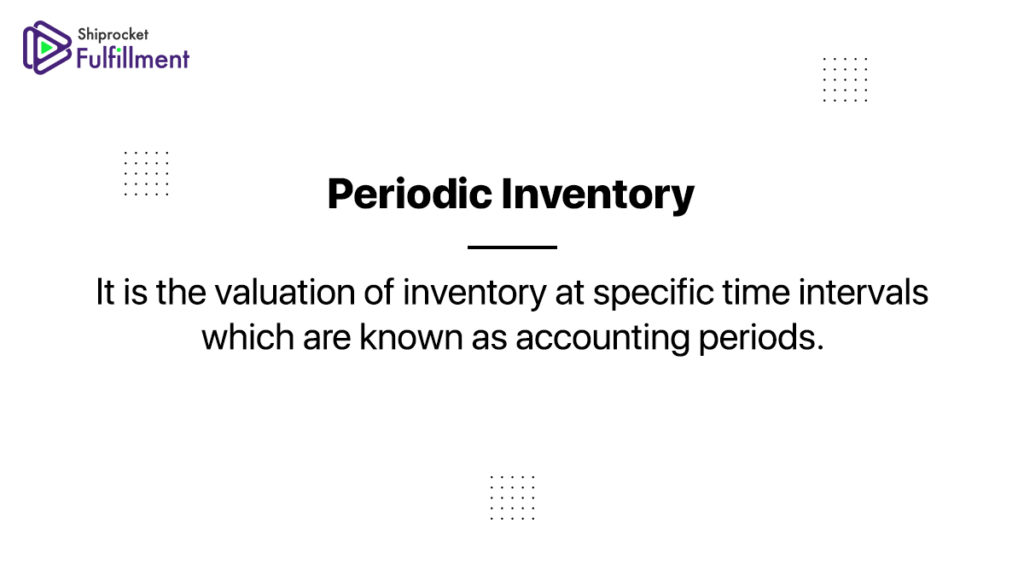
What is the Perpetual Inventory System?
The perpetual inventory system is the opposite of the periodic inventory system where inventory management is carried out in real-time through the use of an inventory management system that automates the process. Therefore, in a perpetual inventory system, the changes will be recorded with every transaction that takes place on your eCommerce website.
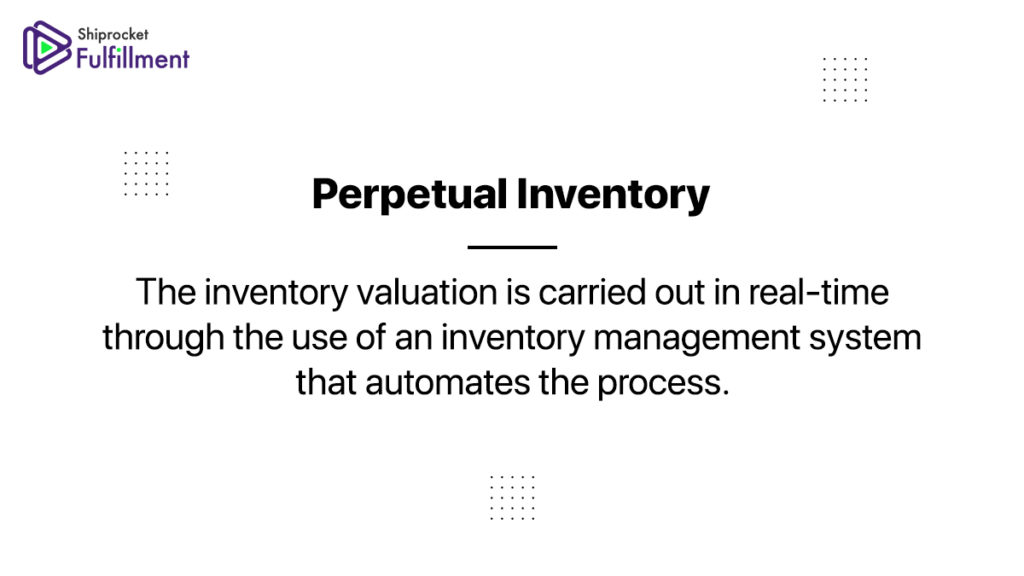
Difference Between Periodic Inventory System and Perpetual Inventory System?
The first major difference between periodic and perpetual inventory management is the time interval at which the inventory tracking and valuation are done. In periodic inventory, it is done after specific accounting intervals and in perpetual inventory, it is done in real-time.
In the periodic inventory system, inventory data is kept up-to-date using physical counting of inventory and further estimating the COGS using different inventory valuation methods. Whereas in perpetual inventory management, inventory is tracked in real-time and inventory data is centralized.
The Relevance of a Periodic Inventory System
Periodic inventory systems are useful for businesses that are just starting out and do not require a large use of inventory. Small-scale businesses can account for physical inventory and keep track of it with different inventory valuation methods. You can eventually switch to a more advanced system but starting out with a periodic inventory system works well as you do not require to invest a lot into it.
The periodic inventory system is useful for grocery stores as they have a very large inventory of small products so they can make minor adjustments in their stock over time and also record it physically.
Similarly, in convenience stores and clothing stores, you can run on the same principle and record and evaluate inventory over a specific time interval.
The Relevance of a Perpetual Inventory System
A perpetual inventory system gives eCommerce businesses a more accurate overview of the stock levels and eliminates the manual processes involved in maintaining an inventory management system. This form of stock management is more accurate and works on real-time data. Therefore, eCommerce businesses can get information much faster about stockouts, low inventory, excess inventory, etc.. It also helps up in freeing time and capital. However, since it works on a centralized inventory management system, it is slightly more expensive than the periodic inventory management system.
The perpetual inventory management system is most suitable for businesses that work on a variety of products and with a very large inventory. Since it gets difficult to maintain product count on a long-term basis, the perpetual inventory management system can be suitable for managing inventory across channels and in real-time. Also, with large stock levels, inventory management systems can eventually lead to a decrease in inventory management costs and you can forecast inventory levels more efficiently.

Order Fulfillment & Inventory Management
Inventory management can be a tedious task for businesses. With a constant influx of inventory and sales, it can get difficult to evaluate and assess inventory on a regular basis. However, this task can be simplified if you outsource your fulfillment operations to a 3PL provider like Shiprocket Fulfillment.
Shiprocket Fulfillment works with the best inventory management system to provide you with a completely automated inventory management and warehousing workflow. Once you send your inventory to the Shiprocket Fulfillment warehouses, you can be least bothered about how your inventory is going to be managed.
But Shiprocket Fulfillment warehouses, you can easily store all your inventory across India and get real-time updates about your stock levels. Eliminate all manual work and rely on 3PL providers for complete inventory management services. This way, you can save ample capital & resources while growing your business.
Conclusion
Both the periodic and perpetual inventory management systems have their own benefits. However, the perpetual inventory management system is more advanced as it is developed to give you information quicker. Depending upon your business needs, you can select the most suitable inventory management system for your business.


